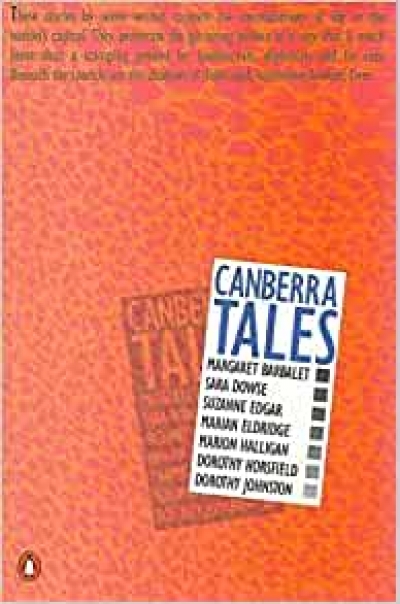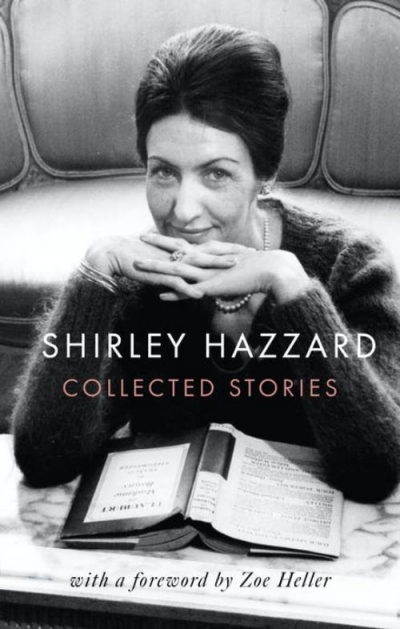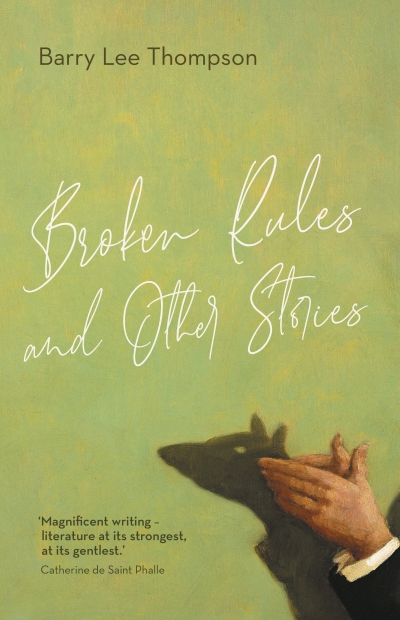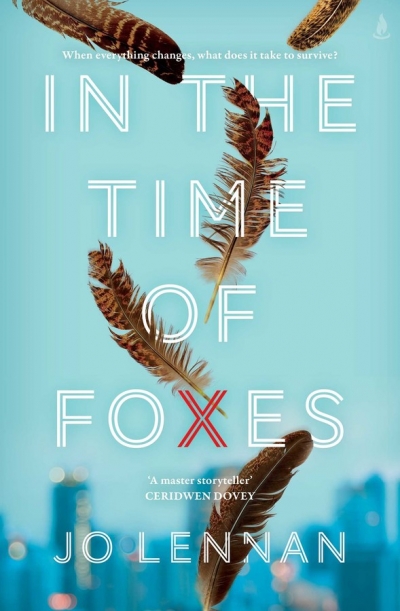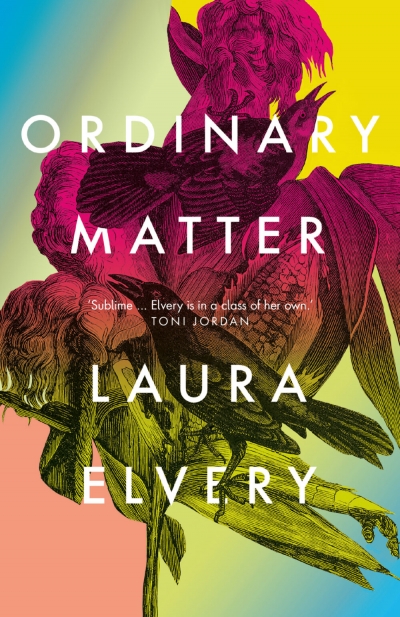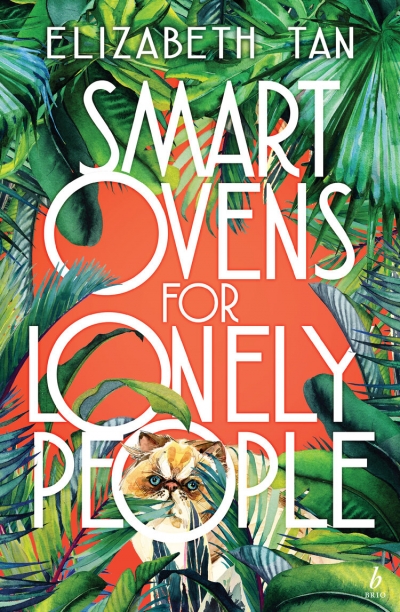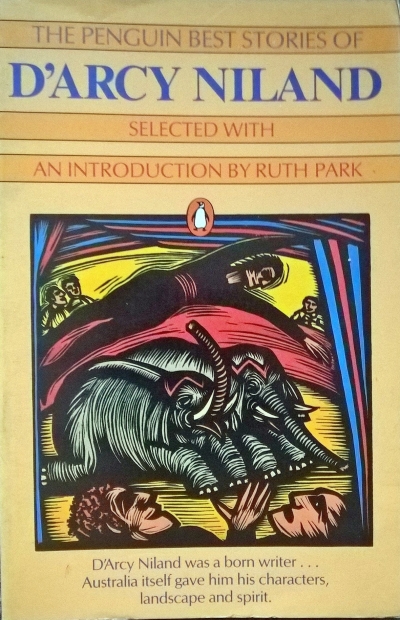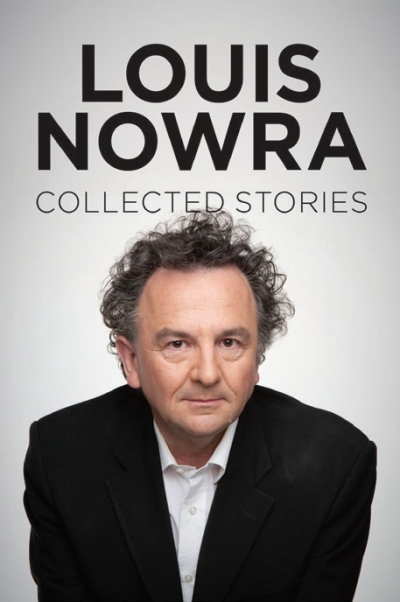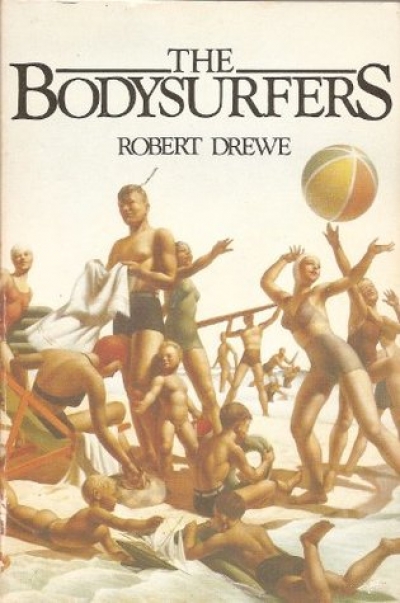Short Stories
Canberra Tales by Margaret Barbalet, Sara Dowse, Suzanne Edgar, Marian Eldridge, Marion Halligan, Dorothy Horsefield, Dorothy Johnston
by Margaret Whitlam •
The Collected Stories of Shirley Hazzard by Shirley Hazzard
by Brenda Niall •
The Penguin Best Stories Of D’Arcy Niland by D’Arcy Niland, selected with introduction by Ruth Park
by D. J. O’Hearn •
Four auspicious début collections by Mandy Beaumont, Dominic Carew, Wayne Marshall, and Sean O'Beirne
by Susan Midalia •
The American writer Jack Matthews had no time for what he called ‘a discontent’ with the brevity of the short story. ‘Ask a coral snake,’ he declared, ‘which is as deadly as it is small.’ The claim for ‘deadliness’ certainly applies to four recent début collections; in the tight spaces of the short story, each one presents confronting ideas about contemporary Australia.
... (read more)
